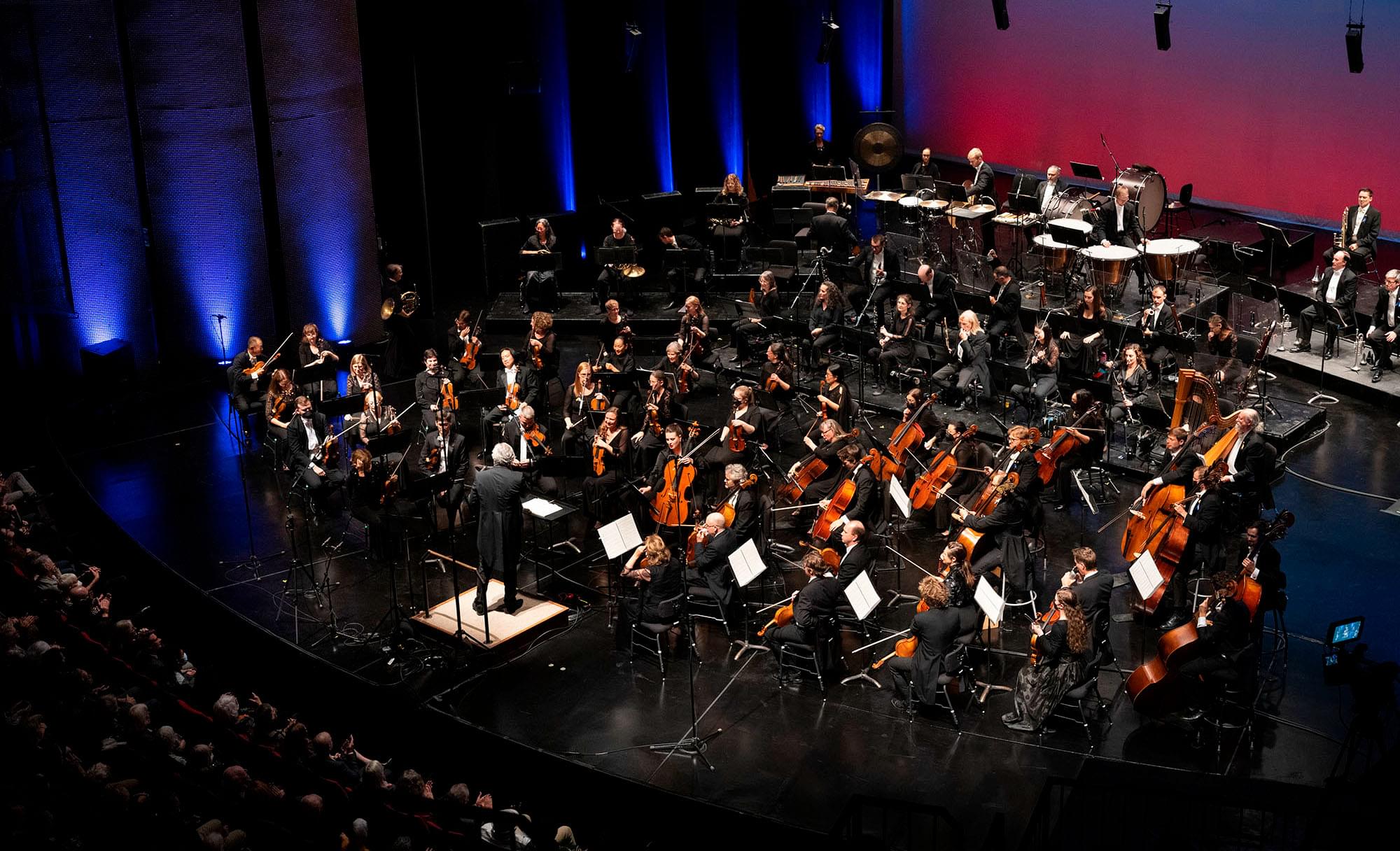
Rediscovering Leokadiya Kashperova
- News
By Russell Kunz

Click here to get tickets for Stravinsky & Shostakovich.
Leokadiya Kashperova*
b. Lyubim, Russia / 1872
d. Moscow, Russia / 1940
Style: Late-Romantic
*KashPERova is pronounced with emphasis on the second syllable.

If the name Leokadiya Kashperova is unfamiliar to you, you are not alone. Even many classical music enthusiasts may not have encountered her. For much of history, she was primarily known as Igor Stravinsky’s piano teacher, mentioned briefly in his autobiography. However, recent research and the rediscovery of a substantial collection of her unpublished scores have sparked a revival of interest in her music. Today, her compositions are being performed anew, earning Kashperova recognition as one of the earliest female Russian composers of international stature.
Kashperova was one of the most esteemed composer-pianists of her generation in Russia. She studied at the St. Petersburg Conservatoire, where she was part of Anton Rubinstein’s elite piano class. Rubinstein himself remarked that he believed she would surpass all her male peers at the conservatory. After graduating in 1893, she chose to further her studies by reenrolling to focus on music composition under the guidance of Nicolai Soloviev.
For the next twenty years, Kashperova flourished as a prominent composer-pianist in St. Petersburg. She captivated audiences with her piano recitals, participated in chamber music series, and hosted regular musical evenings in her home. The Russian Musical Gazette praised her, stating, “Her gifts as a composer are a most welcome phenomenon in St. Petersburg’s musical life.” During this remarkable two-decade span, nearly all of Kashperova’s major works were premiered and published, solidifying her place in the city’s vibrant cultural landscape.

Her Music
Kashperova’s music is deeply rooted in the Romantic tradition, influenced by the likes of Tchaikovsky and Brahms. Her compositions are known for their lyrical beauty, expressive melodies, and rich harmonies, often blending Russian folk elements with classical forms. She composed several genres including a symphony, a piano concerto, choral works, chamber music, piano colos and art-songs.
Among her notable works are her Piano Concerto in A minor and Symphony in B minor, both praised for their emotional depth and technical mastery.

Why was she forgotten?
Kashperova’s professional career faced a severe disruption after her unexpected marriage to Sergei Andropov, a Bolshevik revolutionary and one of her piano students. The Russian Revolution and the rise of the Bolshevik Party dismantled the cultural and social structures supporting her career, making her ties to the upper classes of Tsarist Russia particularly precarious.
Andropov, who had insider knowledge of Bolshevik plans, likely saved her life by orchestrating their escape from Petrograd to the relative safety of the Caucasus, away from the chaos of the revolution. However, the turmoil of the Revolution, two world wars, and shifting Soviet cultural policies hindered her career from ever recovering. Her late-Romantic style clashed with the artistic demands of the Soviet regime, and despite continuing to compose, she was never likely to hear her music performed. Consequently, her name as a composer and pianist faded into obscurity, even in Russia.
Her legacy
Thanks to the research and campaigning of Dr. Graham Griffiths, Kashperova’s name and music has seen a revival. Through his biography of Kaspherova and the publication of new editions of her scores, he has helped restore her to her rightful place in music history. Each year, an increasing number of orchestras are including her music in their programs.
The WSO is excited to perform Kashperova’s Symphony in B minor at our concert, Stravinsky & Shostakovich. This symphony stands as one of her most important and grandest orchestral works, created during a time when she was actively engaged as both a performer and composer. The WSO is excited to help make Kashperova’s name known again once more.
Russell Kunz (he/him) is the Community & Education Coordinator for the WSO.

![20640-WSO-2025-26-Season-Creative-Cello-Festival-Grand-Finale-[960x540]-Mar2025-FNL](https://images.wso.ca/uploads/2025/03/20640-WSO-2025-26-Season-Creative-Cello-Festival-Grand-Finale-960x540-Mar2025-FNL-480x300.jpg)









